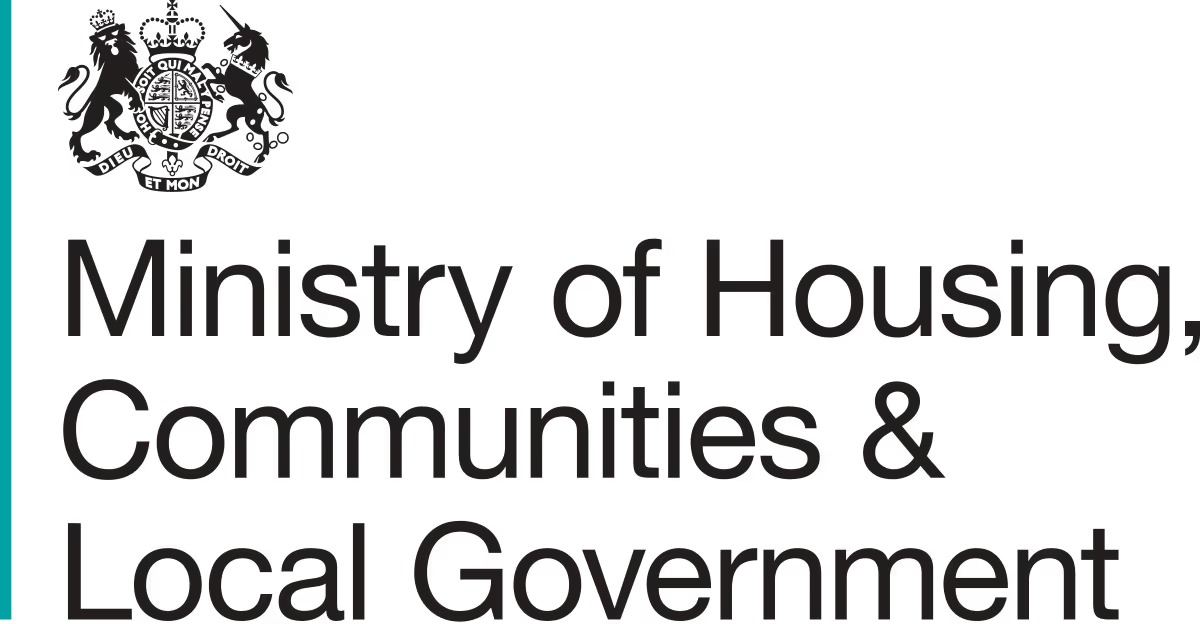Monday, November 11, 2024
Landlords and tenants sometimes find themselves in the position where the company they have been dealing with, sometimes for many years, suddenly stops trading, often leaving outstanding debts.
What kind of debts would affect you?
These may be:
These landlords and tenants are often left feeling powerless, especially if the company has been officially struck off the Companies House register, leaving them no other options.
At Property Redress, we receive complaints from landlords and tenants who are owed money by an agent. If that agent has not complied with a final decision, we have no option but to expel them from our scheme and they may no longer be trading.
The scenario
The directors shut up shop and think they can just walkaway. They may even intend setting up a new company. That way they can continue trading clear of any responsibility from the old company who has been expelled.
It can get complicated if the directors have applied and succeeded in getting the company dissolved at Companies House. Some try to hide their tracks, and it can be difficult to trace them.
Understanding what you can do
Limited companies can be removed from the register voluntarily or struck off by Companies House themselves.
Companies House would normally only do this if the company had not:
What you need to know is that you can object to a company being struck off the register if you are a shareholder or another interested party, such as a creditor, and have a reason to stop the application.
You may want to consider legal action against the company (which needs to be active) and individuals for your money.
How do you apply?
As part of our process, we advise landlords and tenants in this position to contact Companies House to check if the company is still active and has not been struck off or dissolved.
We know that doing this as early as possible in our process has been successful in preventing companies being dissolved.
Full guides and instructions for objecting can be found here: https://www.gov.uk/object-to-a-limited-company-being-struck-off/make-an-objection
What happens next?
Informing Companies House that the company has taken money that should be in their client account is a serious allegation and if the evidence provided is sufficient, your objection will be accepted and the company will not be struck from the register.
This will give you more time to take legal advice for all your options and makes it much harder for the directors to set up new companies.
Other options
Where a company is still active, you could consider applying to the courts to close or “wind up” the company if it is unable to pay its debts, if the company’s debts are over £750.
This is known as compulsory liquidation and if the application is successful, the company’s assets are sold, any legal disputes are settled, the company then collects any money it is owed and used to pay creditors.
This is an option worth considering if there are other people in the same position who can join you in a class action, and where you are confident there are assets that can be secured and used to settle what is owed.
It is a criminal offence to use client money for:
However, it is not always treated as such by the legal system.
This is why we strongly advise carrying out some due diligence before employing any agent’s services and trusting them with any money.








